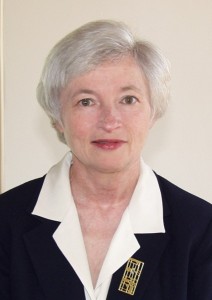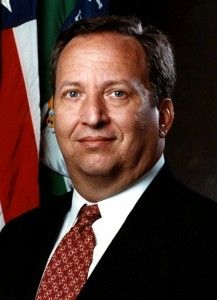Results of a Gallup poll released today indicate that those who currently report to a women are just as likely to prefer a female boss as a male boss. The bad news is, in general, Americans still have a strong preference for male management. Gallup has been conducting this poll on boss gender preference for over a half-decade, and the good news is that things are getting better for women. In 1953, 66% preferred a male boss, and only 5% preferred a female boss. Today 35% prefer men and 23% prefer women to tell them what to do at work.
My own research, along with collaborator Janet Lever, found a similar preference for male bosses, but we also uncovered another silver lining. When asked about their current bosses, employees liked their male and female bosses equally. So, in real life, there is no preference for male bosses. It’s when people think about male and female leaders abstractly that male bias prevails.
Why this bias in the abstract, and not for those we know well? For those we don’t know well, or when we think abstractly about male and female leaders we tend to use stereotypes. For those we know well, the use of stereotypes is minimized. Characteristics stereotypically associated with men – competitiveness, aggressiveness, ambitiousness – are also typically associated with great leaders. So, when asked who we’d prefer to work for – we typically apply stereotypes and say men.
In reality, research indicates that women are just as good as men when it comes to leadership. This makes sense given we like our actual female bosses as much our actual male bosses. And the more experience people have with female bosses, the more they appreciate them.
Unfortunately, according to Gallup, only 30% of Americans currently work for a female boss. As more women break through to management levels, this discrepancy between men and women is bound to decrease.













